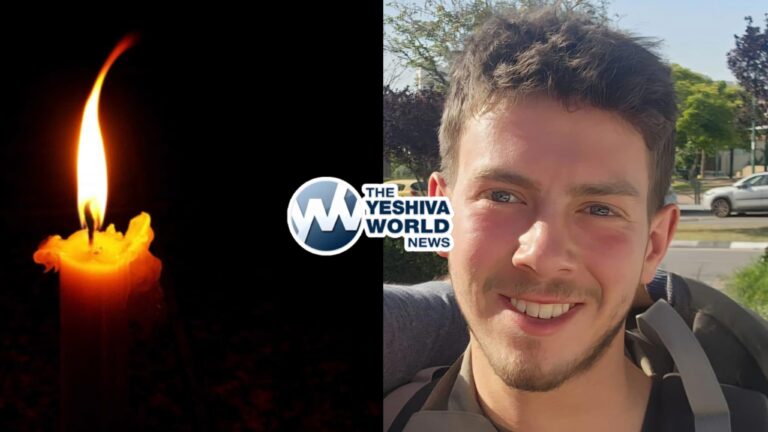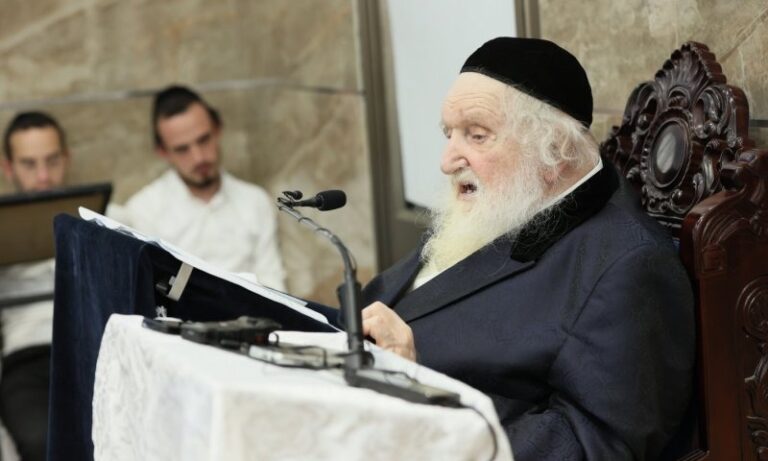 Today’s U.S. Supreme Court ruling that for-profit companies are entitled to the protections contained in the federal Religious Freedom Restoration Act (RFRA) was enthusiastically welcomed by Agudath Israel of America, a leading national Orthodox organization.
Today’s U.S. Supreme Court ruling that for-profit companies are entitled to the protections contained in the federal Religious Freedom Restoration Act (RFRA) was enthusiastically welcomed by Agudath Israel of America, a leading national Orthodox organization.
RFRA offers significant protection to individuals and non-profit entities by forbidding the federal government from infringing on the free exercise of religion unless it can show both a compelling interest in doing so and that the manner of infringement is the least restrictive available. The issue weighed by the Justices in today’s ruling, in the case of Sebelius v. Hobby Lobby Stores, Inc., was whether the same protection must be provided to for-profit companies.
A coalition of Orthodox Jewish organizations had submitted an amicus curiae
(friend of the court) brief in the case. Authored by noted Constitutional attorney Nathan Lewin of Washington, DC, the brief was submitted by the National Jewish Commission on Law and Public Affairs (COLPA), together with Agudath Israel and the following other Jewish organizations: Agudas Harabbanim, National Council of Young Israel, Rabbinical Alliance of America, Rabbinical Council of America, Torah U’Mesorah, and the Union of Orthodox Jewish Congregations of America. The brief argued that the Religious Freedom Restoration Act (RFRA) should apply to owners and managers of for-profit businesses, pointing out that restricting RFRA’s protection would have “a particularly harmful impact on Jewish Americans who observe Jewish ritual laws in operating individual or family-owned businesses.”
It explains: “From the perspective of the individual Jewish owner of a business whose religious observance is impeded by a government regulation, the burden on his exercise is identical whether he operates his business as a closed corporation or as a sole proprietorship.”
“Why should the religious observance of the manager of . . . a non-profit business be shielded by law while his neighbor, who runs his business to make a living for his family, be beyond the law’s reach? It is most unlikely that the Congress that enacted RFRA contemplated any distinction between businesses that religiously observant individuals operate for a livelihood and identical businesses operated on a non-profit basis.”
Legal scholars who have analyzed today’s Supreme Court ruling, have noted that the Court’s majority relied heavily on the reasoning put forth by Mr. Lewin in his brief.
The following is a statement issued by Rabbi Abba Cohen, Agudath Israel’s Vice President for Federal Affairs and Washington Director, upon the publication of the Supreme Court’s ruling:
Today’s Supreme Court decision is an extraordinarily important victory for religious freedom. It is especially gratifying as it comes at a time when free exercise of religion is under increasing attack from many quarters on many issues.
The ruling by the High Court affirms that religious freedom is, indeed, a freedom of the highest order, which deserves broad and strong protection under our law. This protection should, as the court asserts, extend to businesses that are owned and operated by persons and families according to their sincerely-held religious beliefs. No distinction is found or even contemplated in our Constitution or federal statute. Americans of faith should not, and do not, forfeit their religious rights when they form family businesses and wish to make moral and ethical imperatives part of their corporate persona. The law allows our citizens to live their lives, personal and professional, as their preach, according to the dictates of their conscience. This is the essence of the American guarantee of the free exercise of religion.
“Religion in the workplace” remains, even in today’s world, a troublesome area for observant Jews and other Americans of faith. We are all-too-familiar with the problem from the perspective of the employee, who often much choose between his religious beliefs and his livelihood. But the problem is no less compelling from the employer’s point of view, where that Hobson’s choice may likewise force him or her to sacrifice either his religion or his business. We will continue to work for the full measure of religious protection for employer and employee alike.
(YWN World Headquarters – NYC)











3 Responses
This was a major setback for the Democrats in their “War on religion”. Had it gone the other way, it would be that “Freedom of religion” would be for all purposes limited to a “Right to believe” but excluding a right to do anything based on those beliefs. Organizations such as shuls, mikvos, kashrus organizations, etc., would have had no rights (e.g. it would be illegal for OU to discriminate in favor of Orthodox Jews in hiring supervisors).
It’s irrelevant that the paintiff was a somewhat anti-semitic goy who was making an issue over something fairly inconsequential.
This will allow anyone other than a public corporation to discriminate against Jews in hiring and providing services. All-WASP law firms can now return, and so can Judenrein co-op apartment buildings and suburbs. This is a terribly day in American history. The only hope is that the next Democratic President can appoint members of the Supreme Court who will reverse this horrible decision.
Charliehall: where do you get your info from? Discriminating against someone on the basis of their religion in hiring or housing remains obviously illegal.